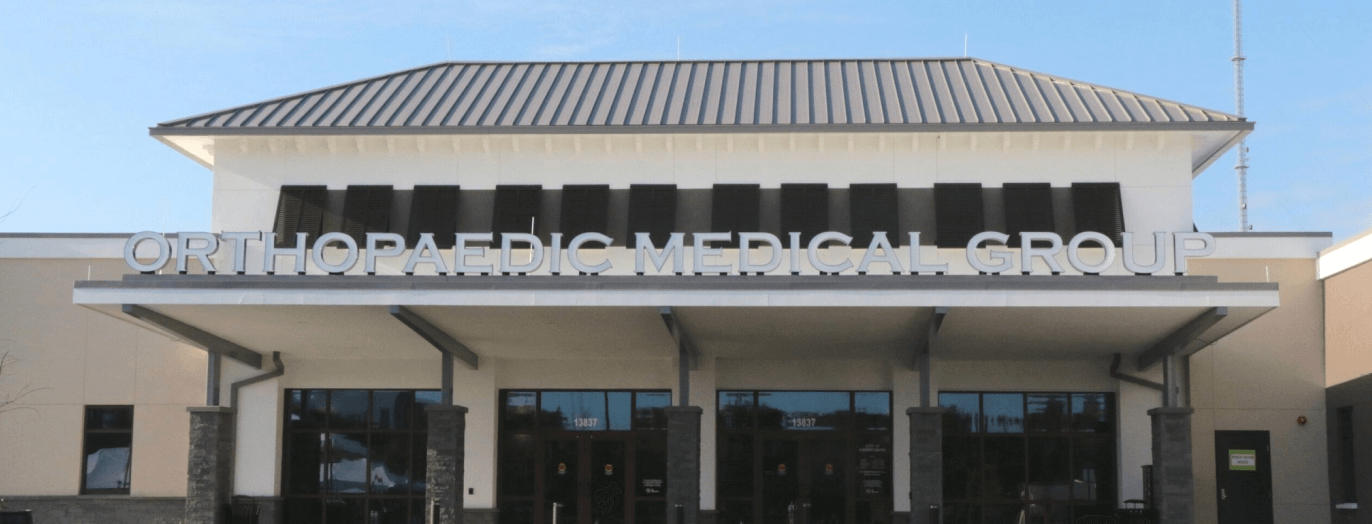
A patient may have their reasons for delaying surgical treatment. Whether the reason stems from fear of medical facilities or a personal financial situation, what matters is what happens to the body the longer the necessary treatment is postponed. This guide explains the consequences of delaying surgery and how it might impact pain levels and recovery. For accessible surgical treatment with a team of skilled surgeons near you, schedule a consultation with Orthopaedic Medical Group of Tampa Bay.
Progressive Damage Doesn’t Stop on Its Own
Many orthopedic conditions—such as severe arthritis, rotator cuff tears, or meniscus injuries—are progressive by nature. When the underlying structure continues to deteriorate, no amount of rest or pain management can reverse the damage.
Delaying surgery allows this deterioration to continue, which can result in:
- Increased joint stiffness and loss of motion
- Muscle weakness or atrophy
- Worsening pain and inflammation
Once these secondary issues develop, recovery after surgery takes longer and may not restore full strength or range of motion.
Read more > Why Orthopedic Surgery Matters: Restoring Mobility And Quality Of Life
Compensation Leads to New Problems
When one joint or muscle group is injured, your body naturally compensates by shifting the workload elsewhere. Over time, this can lead to new pain in other areas—such as hip or back strain after a knee injury, or shoulder problems after avoiding use of one arm.
At OMGTB, we frequently see patients whose untreated injuries have led to additional joint issues. Prompt surgical repair can prevent that chain reaction and help maintain overall musculoskeletal balance.
Pain Can Become Chronic
Chronic pain isn’t just physical—it affects your nervous system. The longer your body experiences ongoing pain, the more likely it is to develop pain sensitization, where even mild discomfort feels severe.
Surgery performed earlier can often prevent this chronic pain cycle from developing. By addressing the structural cause sooner, you can recover faster and avoid long-term dependence on pain medications.
Longer Delays Can Mean Tougher Recoveries
After prolonged injury or limited mobility, the muscles, tendons, and ligaments around a joint become weaker. Post-surgical physical therapy then becomes more challenging, and full recovery may take significantly longer.
Patients who undergo surgery promptly after conservative treatments fail typically experience shorter rehabilitation periods and better long-term function.
Early Evaluation Is Key
Not every orthopedic condition requires surgery—but only a qualified orthopedic specialist can determine that. At Orthopaedic Medical Group of Tampa Bay, our team takes a comprehensive, individualized approach. We use advanced imaging and diagnostic techniques to assess the extent of your injury and discuss all possible treatment options—including nonsurgical care first.
If surgery becomes the best path forward, acting sooner rather than later can preserve joint function, reduce pain, and get you back to your active lifestyle faster.
Don’t Delay. Schedule a Consultation with Orthopaedic Medical Group of Tampa Bay Today.
Another critical factor in a full recovery after surgery is finding an orthopaedic surgeon you can trust. Orthopaedic Medical Group of Tampa Bay is staffed with skilled and talented professionals who oversee your treatment from start to finish. Call (813) 684-BONE (2663) today to schedule a consultation for comprehensive surgery and post-op rehabilitation near you. When waiting can lead to pain and longer recovery, we encourage you to reach out today for fast and optimal results.




